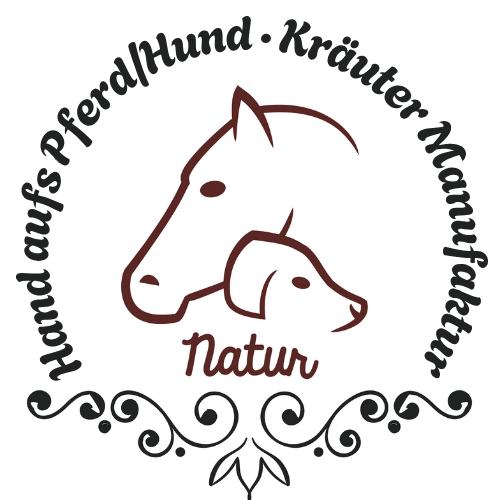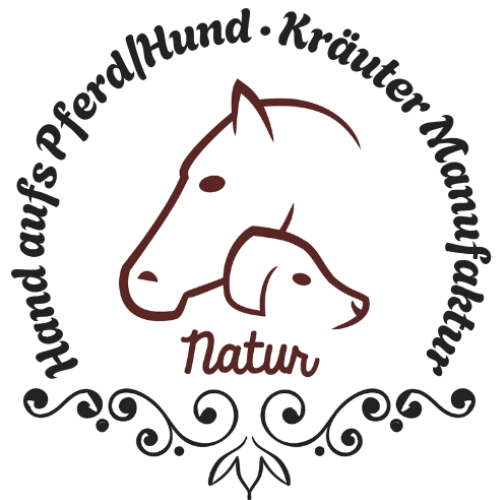
Summer eczema in horses
Sweet itch in horses
Sweet itch, also known as atopic dermatitis or insect hypersensitivity, is predominantly triggered by the saliva of biting insects such as black flies (Culicoides spp.). In sensitive horses, the bites lead to an allergic reaction in which the immune system overreacts.
Symptoms
The symptoms of summer eczema can vary but often include:
- Severe itching, especially in the area of the mane, tail and belly seam.
- Chafing and scratching of the affected area, leading to hair loss and skin injuries.
- Inflamed, reddened skin and swelling.
- Formation of crusts and weeping wounds due to scratching.
Supporting summer eczema in horses with herbs
Sweet itch is a common skin condition in horses, especially noticeable during the warmer months. Many horse owners look for natural ways to support their horses during this time. Herbs can be a valuable addition to support your horse's well-being during the eczema season.
Herbs used for summer eczema
Our herbal blend "Plagegeister Kräuter Kribbelfrei" (Pests Herbs Tingling Free) contains various herbs traditionally used for skin problems and frequently used in animal care. These include:
- Black cumin
- Watercress
- peppermint
- Cistus
- Garlic
- Beetroot
prevention
- Insect protection : Use of fly sheets, fly masks and insect sprays.
- Barn management : Accommodation in insect-proof barns during twilight and night when black flies are particularly active.
- Pasture management : Avoid wetlands and puddles near the pasture, as these serve as breeding grounds for insects.
- Feeding : Optimizing nutrition to strengthen the immune system.
- Skin care : Regular skin care to strengthen the horse's skin barrier.
- Feeding our pest herbs throughout the insect season.
Individual sensitivity can vary greatly, and some measures may work better for some horses than for others.
Sweet itch cause: Industrial feed
The exact relationship between industrial feed and sweet itch is not yet fully understood, but there are some theories and aspects that could play a role:
Allergies and sensitivities
Some horses may develop allergic reactions or intolerances to certain ingredients in industrial feed. This can weaken or over-react the immune system, which could increase reactivity to insect bites.
Nutrient imbalances
Although industrial feeds are often well-balanced, excesses, for example with protein or synthetic additives, or deficiencies in certain micronutrients could impair the immune system and worsen skin health.
Additives and preservatives
The artificial additives and preservatives contained in some pet foods can cause sensitive reactions in some animals, which could increase the tendency to skin irritations or allergic reactions.
Switching to natural feeding
It is sometimes reported that switching to a more natural diet, such as feeding non-industrial, holistic, or organic foods and avoiding additives, can help relieve the symptoms of sweet itch.
To prevent sweet itch through feeding, the following measures could be considered:
- Feed quality : Selection of high-quality feed without unnecessary additives.
- Feeding according to needs : Adapting feeding to the horse’s age, weight, work performance and health status to avoid overfeeding.
- Omega fatty acids linseed oil : Targeted supplementation of omega-3 fatty acids can have an anti-inflammatory effect and support skin health.
- Micronutrients VitMin : Ensuring a balanced intake of vitamins and minerals.
Source: Martina Hemm July 2025

